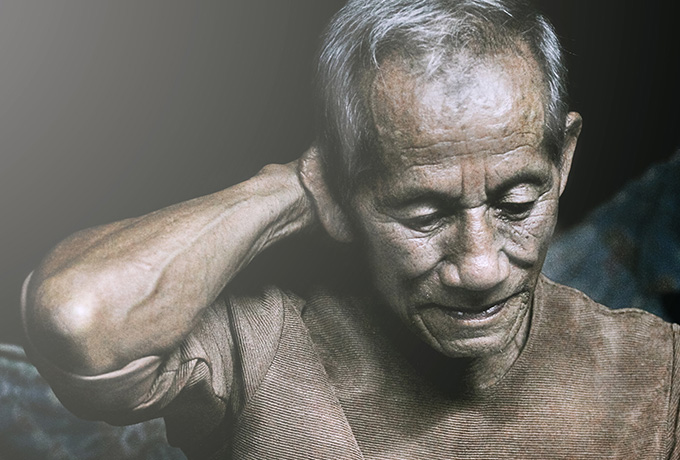What is depression?
Depression is a common mental health condition that affects many Australians. Learn more about depression – its symptoms, causes, and treatment options.
Read moreHow to recognise the difference between depression and sadness and learn when you may need to seek professional support.

We often use the words sadness and depression interchangeably, but they’re not the same. Everyone gets sad from time to time, and it’s unrealistic to feel constantly happy. But how do you know if it’s sadness or something more? Understand how to tell the difference between sadness and depression so you know when to seek help.
Sadness is a temporary emotion associated with a specific event, such as upsetting news about yourself or someone close to you.
It’s normal to feel sad after a relationship break-up, not getting a much-wanted promotion at work or missing out on something you were looking forward to. When you are sad, you tend to feel disappointed and discouraged.
“Sadness is a temporary emotion associated with a specific event.”
Sadness is not as intense as other emotions like the grief you feel when a close friend or family member has passed away.
Importantly, sadness doesn’t exist in isolation. It’s possible to be sad about one specific event, like not being able to go on vacation, and happy about the other aspects in your life. But feeling sad about most things in life for a long period of time (more than a few weeks) can be a sign of depression.
Depression is like an extreme form of sadness that doesn’t go away after a few weeks. People with depression may find it difficult to feel happy about anything in life, not only specific events. Sadness is a temporary feeling, but depression is a serious mental health condition that can impact aspects of everyday life.
Common signs and symptoms of depression include:
Depression looks and feels different for everyone affected. There are mild and serious forms.
People who have more serious forms of depression may also have other mental health issues, like anxiety or addiction. They may think about suicide. If someone has suicidal thoughts, they can talk to their GP or a health professional. If you or someone you know is in immediate danger, please call 000.
If you or someone you know is experiencing ongoing sadness that has lasted more than a few weeks, it’s important to get help. Depression can get worse over time. Speaking to your healthcare professional is a good place to start.
These days, there are many treatment options to help you reduce your feelings of depression.
You can also contact a MensLine counsellor 24/7. MensLine offers telephone and online counselling, information and referrals for men who have concerns about their mental health and emotional wellbeing.
Depression is a common mental health condition that affects many Australians. Learn more about depression – its symptoms, causes, and treatment options.
Read more
Depression affects people of all ages. It is not an inevitable or normal aspect of ageing, although some of the changes that may accompany ageing, such as poor health and the loss of peers and loved ones, may contribute to it. Here MensLine Australia explores how to recognise the symptoms of depression, and how to treat it.
Read more